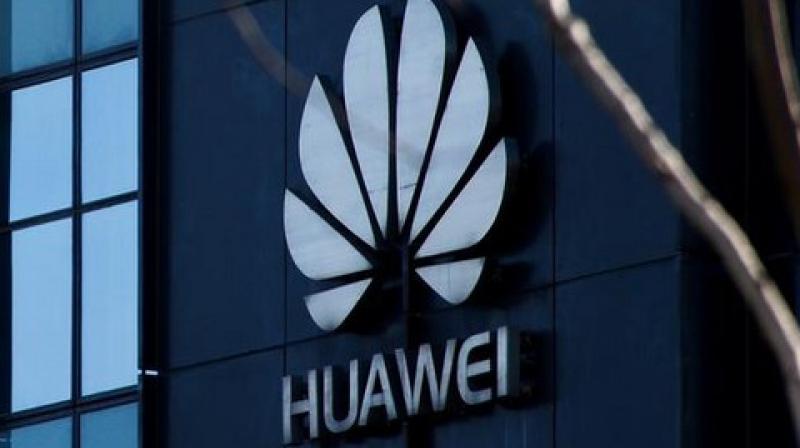Rome seeks Huawei ban in telecom infrastructure

Romania’s biggest opposition party will trigger a public inquiry into Huawei’s contribution to critical infrastructure and seek to bar it from 5G network development due to mounting security concerns, its IT expert said on Tuesday.
Some Western countries, including the United States and Australia, have restricted Huawei from building next-generation mobile networks, citing concerns that its equipment may contain ‘back doors’ opening it to cyber-espionage.
Washington is concerned about the expansion of the world’s biggest maker of telecoms equipment in its NATO allies in central Europe, including Hungary and Poland. Romania has become particularly important since 2016, when the United States activated an $800 million missile shield site, angering Russia.
“We need to protect our strategic interests and there’s a lot of suspicion lingering around,” said Pavel Popescu, the National Liberal Party’s (PNL) representative on parliament’s IT committee. “It’s crucially urgent to block any public deals, contracts, tenders with the Chinese company.”
Huawei has repeatedly denied spying or intending to spy for the Chinese state. It has been present in the Romanian market since 2003.
The PNL expert pointed to a 2013 memorandum of understanding signed by the then-telecoms minister with Huawei, offering them an opportunity to participate in the construction of the national information and communications system, traffic monitoring, tracking and e-government projects.
No details on the progress of works have been published.
RISK REVIEW
Popescu showed Reuters an official letter sent by his parliament grouping to the telecoms ministry on Feb. 11, calling for a risk review of Huawei equipment in state networks: “We’ve yet to receive any answer, still waiting now, and shortly we will launch our action plan.”
The government plans to launch first 5G licensing tenders later this year, probably in the last quarter, on overall investment of about 3 billion euros, officials have said.
Popescu, whose PNL is running neck-and-neck at 25 per cent with the ruling Social Democrats in opinion surveys, said: “A Chinese equipment-free network will be costlier.”
Globally, Huawei is playing a leading role as the telecoms world gears up for the next generation wireless technology.
“The supreme reasoning behind our stance is the partnership with America and our key role in NATO’s architecture,” Popescu said, adding: “All tools are on the table, including involving the president and his security council’s assessment on Huawei.”
In Romania the Supreme Defence Council, chaired by President Klaus Iohannis since 2015, adopts all strategic decisions, including endorsing budgets of national security sectors.
The Special Telecommunications Service, which oversees Romania’s critical communication networks, has yet to respond to a Feb. 26 request by Reuters regarding the current stage of implementation of the memorandum.
